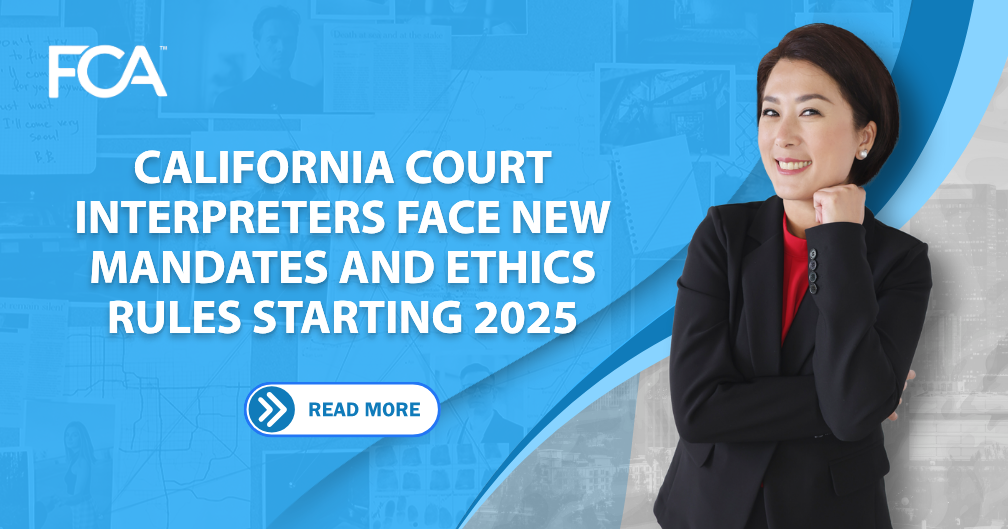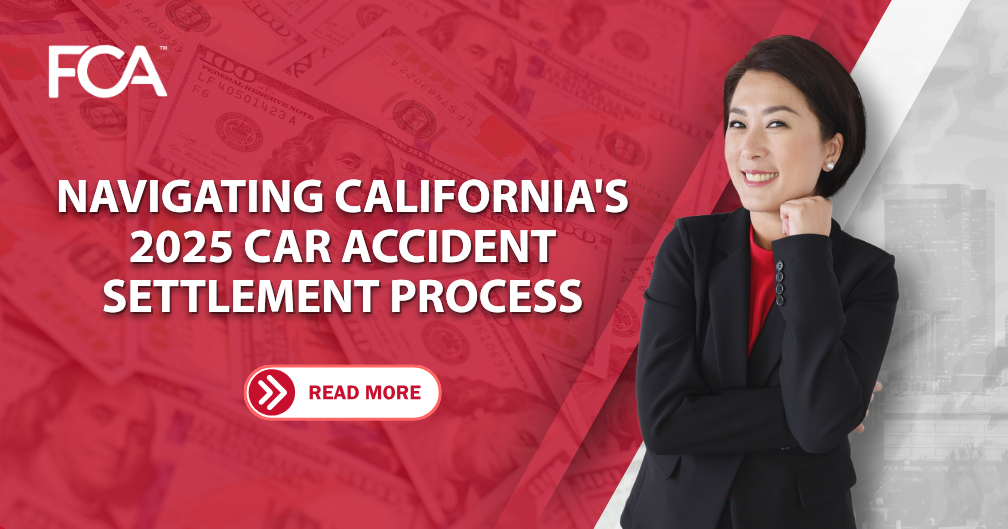A car accident is a critical event in one’s life. The physical and emotional toll may be hard to control. However, the actions taken hours and days after an accident can have exacting consequences on you and your family’s financial well-being. That includes how you handle insurance adjusters.
Whether the accident was your fault or not, or you were injured or not, speaking with an insurance adjuster is unavoidable. Before that call, you should have already exchanged insurance information with the other driver, notified your insurer, check how everyone involved is doing, and talk to the police.
All this can seem like a heavy burden after a car accident. But the more prepared you are, the better.
What Does an Insurance Adjuster Do?
First, it helps to know what an insurance adjuster does. Before calling, they will evaluate your claim by:
- Assessing the damage to your vehicle
- Investigating who is at fault for the accident
- Studying the scope and impact of your injuries
- Placing a monetary value on your claim
Adjusters are notorious for making lowball offers. It’s their job. That is why you should be treated by a medical professional if injured; medical bills can increase the value of an offer.
It is also important to have a personal injury attorney. The right attorney can help you find medical treatment, absorb medical costs until a settlement is reached, and follow all legal guidelines. Attorneys also act as buffers between you and insurance companies to prevent them from bullying you.
Types of Insurance Adjusters
There are two main types: Level 1 non-attorney-represented adjusters (new to the job or lacking experience), and Level 2 attorney-represented adjusters. Once your insurance company gets a letter you’re being represented by an attorney, a Level 2 adjuster will be assigned to your claim. Regardless of their level of experience, an insurance adjuster will use anything you say against you.
Dealing with an Insurance Adjuster
To know how to talk to your insurance adjuster, there are two crucial points:
- Do Not Negotiate: The insurance adjuster is on their employer’s side, not yours. Their job is to save the insurance company money. Besides, you don’t have the experience to negotiate. Not to mention they’re looking for the subtlest admissions of fault. You may not even realize it; don’t reveal any medical details, private information, or sign anything. An adjuster will always try to downgrade your settlement. They might ask if you thought you could have avoided the crash. Always say no. Play your cards right and you may be entitled to a substantial settlement, even if you’re just 1% at fault—this is called comparative liability.
- Do Not Settle: An adjuster’s offer may sound like a lot of money. However, it doesn’t come close to what you or your family deserves. Most costs associated with an accident are unforeseeable, including medical bills, rehabilitation, lost wages, loss of future wages, pain and suffering, mental anguish, or loss of a companion. No insurance adjuster is going to account for all of these.
What to Do Next
The less you say the better; sometimes, saying absolutely nothing is best. Contact your attorney to handle the situation. Then apply for legal funding in Los Angeles, and our team will discuss the case with your personal injury attorney and make an offer with 24 hours. With non-recourse pre-settlement funding, there are no out-of-pocket costs and we are paid back only if your case wins. For more information, contact Fund Capital America or apply now online.



